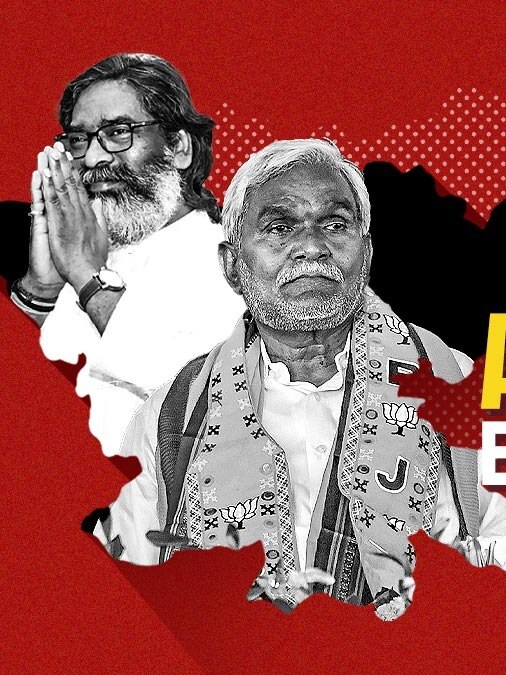Executive Summary
The paper analyses the 2024 Assembly elections in Jharkhand from various perspectives. Jharkhand politics is placed within a broad historical context. Since Jharkhand is a recently formed state based on tribal identity, tribal issues play a major role in the state and process of governance. Three debates are central to tribal politics: development vs displacement, tradition vs organised religion and tribals vs dikus (outsiders). It is around these debates that the politics of Jharkhand still revolves. The electoral politics of Jharkhand is marked by two distinct poles: the BJP and JMM. It is the competition between these two parties that shapes the party struggle in the state. The JMM was at the nucleus of the movement demanding statehood for Jharkhand, an erstwhile region in South Bihar. The relationship of tribals with the BJP has been troubled and ambivalent at best. BJP’s cultural rhetoric of viewing tribals as part of the Hindu fold is seen as problematic by the tribals. The mainstream society’s emphasis on institutionalised religion is antithetical to the tribal concept of fluid religion and nature worship. BJP’s open opposition to Christianity’s conversion project in Jharkhand has also shaped political discourse in the region.
It is in this context that the 2024 Assembly elections have been analysed. Elections have been viewed from two different perspectives: the discourse that shaped campaign and the demographics of the result. There were three prominent issues that shaped the elections. The first issue picked up by the BJP was the impact of outsiders in changing Jharkhand’s demography. Another subject of widespread discussion was the popularity of Hemant Soren’s welfare policies. These policies were not just limited to the cash transfers given to women but also involved an overhaul of the pension system. Finally, the release of Hemant Soren was a crucial factor that shaped JMM’s campaign. The party blamed the central government for incarcerating him on flimsy grounds to weaken the opposition. These were the issues that shaped the elections. However, the impact of these issues was not uniform on all regions and social groups. This paper highlights the regional disparity in Jharkhand and how diverse social groups have a political impact.
Click Here To Download The Paper


📌Analysis of Bills and Acts
📌 Summary of Reports from Government Agencies
📌 Analysis of Election Manifestos

